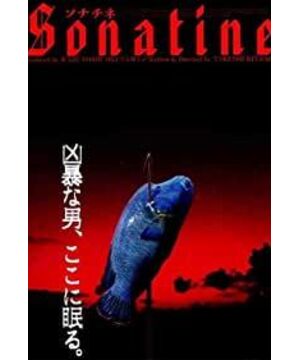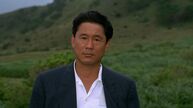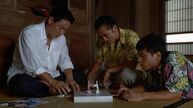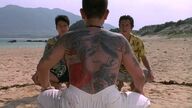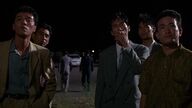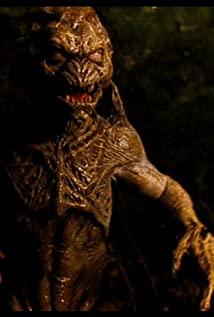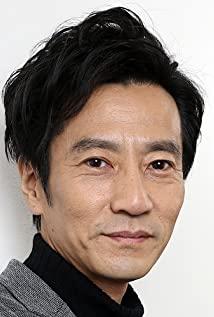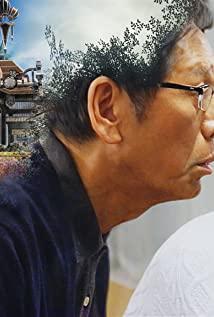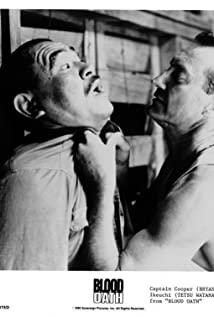It would be unreasonable for anyone to call the uncle the "master of violence" or the film of "aesthetic violence". If I say Kitano Takeshi is quiet.
"I love tough guys."
"If I were a tough guy, I wouldn't have a gun."
"You will shoot without hesitation."
"I do n't hesitate to shoot because I am afraid."
"But you are not afraid of death."
"When you I'm not afraid if I'm always in shock."
Violence is to bury the weakness of the heart, and the excitement will eventually return to endless silence. In the early "Sonata", the director has revealed the secret. The fighting scenes before and after the movie are just to serve the middle beach section. A gangster group and a few big men play children's games on the scenic beach, carefree. Are sand traps, paper men, fireworks, and frisbees more interesting than sword and gun conspiracies?
Two months ago, the school invited a teacher from the Kyoto Film Festival Organizing Committee to give a lecture. I asked Kitano Takeshi. He revealed some details. He said that he was a world-class director when he participated in the festival. Sitting by the older generation of Kyoto filmmakers (Japanese movies originated in Kyoto), he treats them respectfully like children. Almost everyone also wants to cooperate with the uncle, because he is very good to people and can always express instructions clearly and accurately when working.
So Kitano is not cool at all. He is cautious, but he is often overwhelmed. It's like the embarrassment of the dummy in "Long Live the Director", and like this "Sonata": it finally rained, and the rain stopped when covered in shower gel; the beauty of driving a car but broke down halfway. Life is so funny.
View more about Sonatine reviews


